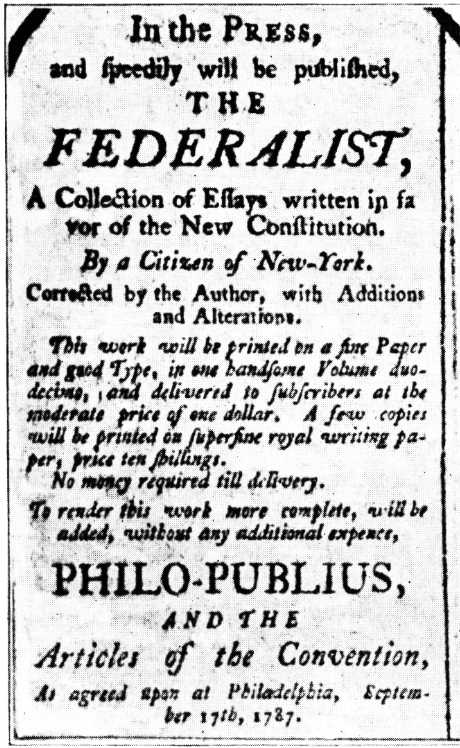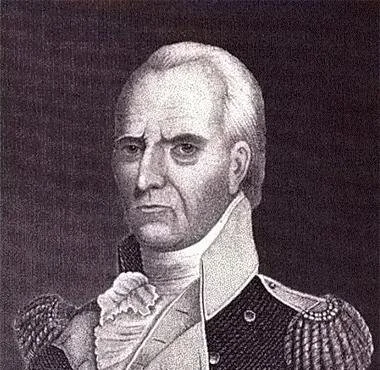Balancing the Power of Treaties - Federalist #75
In Federalist #75 Alexander Hamilton refutes arguments against the method by which treaties are created under the Constitution.
Federalist #75
Alexander Hamilton
March 26, 1788
In Federalist 75, Alexander Hamilton discusses the many, many criticisms Anti-Federalists held against the Constitution’s provision for making treaties.
Essentially, the Constitution grants the President the power to make treaties with, “the advice and consent of the Senate.”
Furthermore, two thirds of the Senate would need to ratify a treaty for it to be accepted as law.
Anti-Federalists All Over The Place
Interestingly, the Anti-Federalists were divided as to why they did not care for this provision.
Some Anti-Federalists believed that the President should have the sole power to make treaties.
Some believed that only the Senate should be granted that authority.
Others still thought the House of Representatives should be included in the process.
The Compromise
Hamilton argued against all of these assessments by pointing out that there were so many disagreements...even from the opposition.
The provision listed in the Constitution, was the best compromise for everyone.
It gave the President the power to conclude treaties in a timely manner, but still kept the Balance of Powers by having the Senate approve the negotiations.
The President would be kept from profiting off a treaty while avoiding the issue of having too many ‘cooks’ in the ‘kitchen’.
I publish Federalist summaries every Friday (and stories about random Founders the other six days of the week).
If you’ve missed a Federalist Friday, you can catch up here.
Do you love what the Founders had to say?
Me too…that’s why I put some of their quotes on some of my merchandise.






